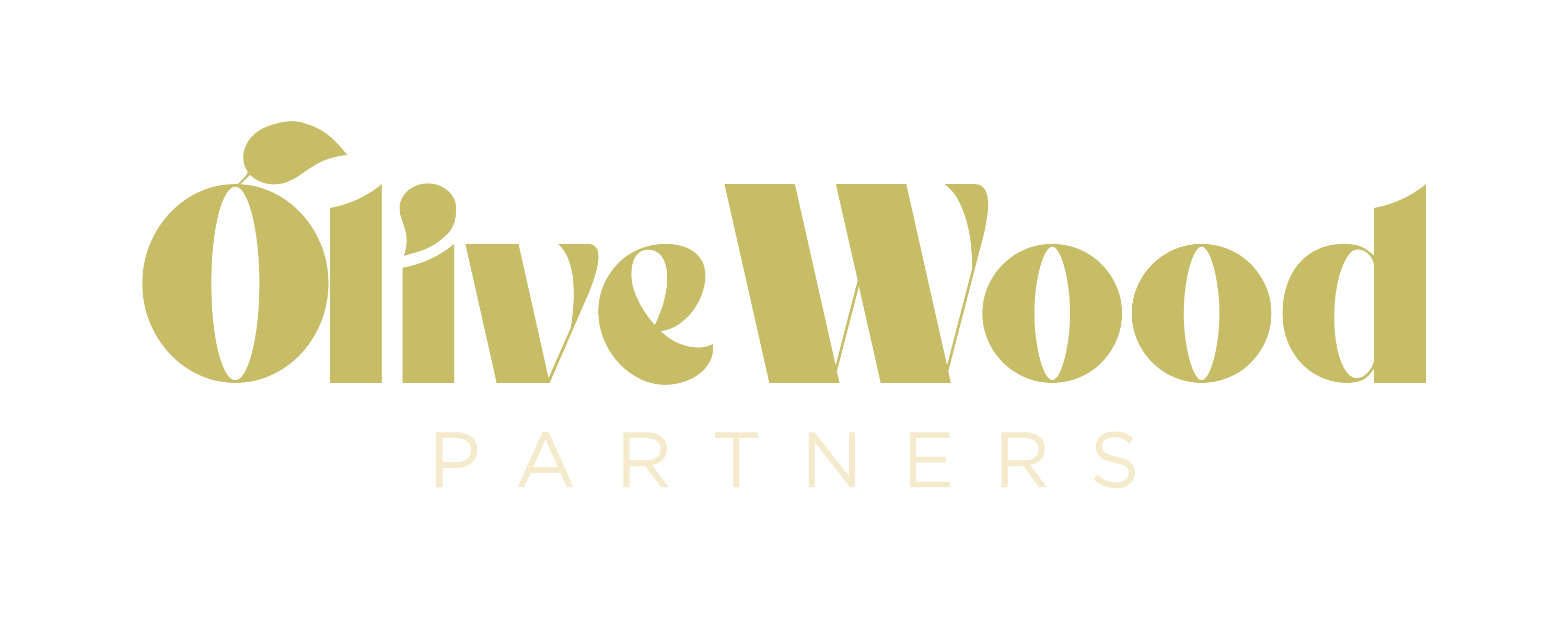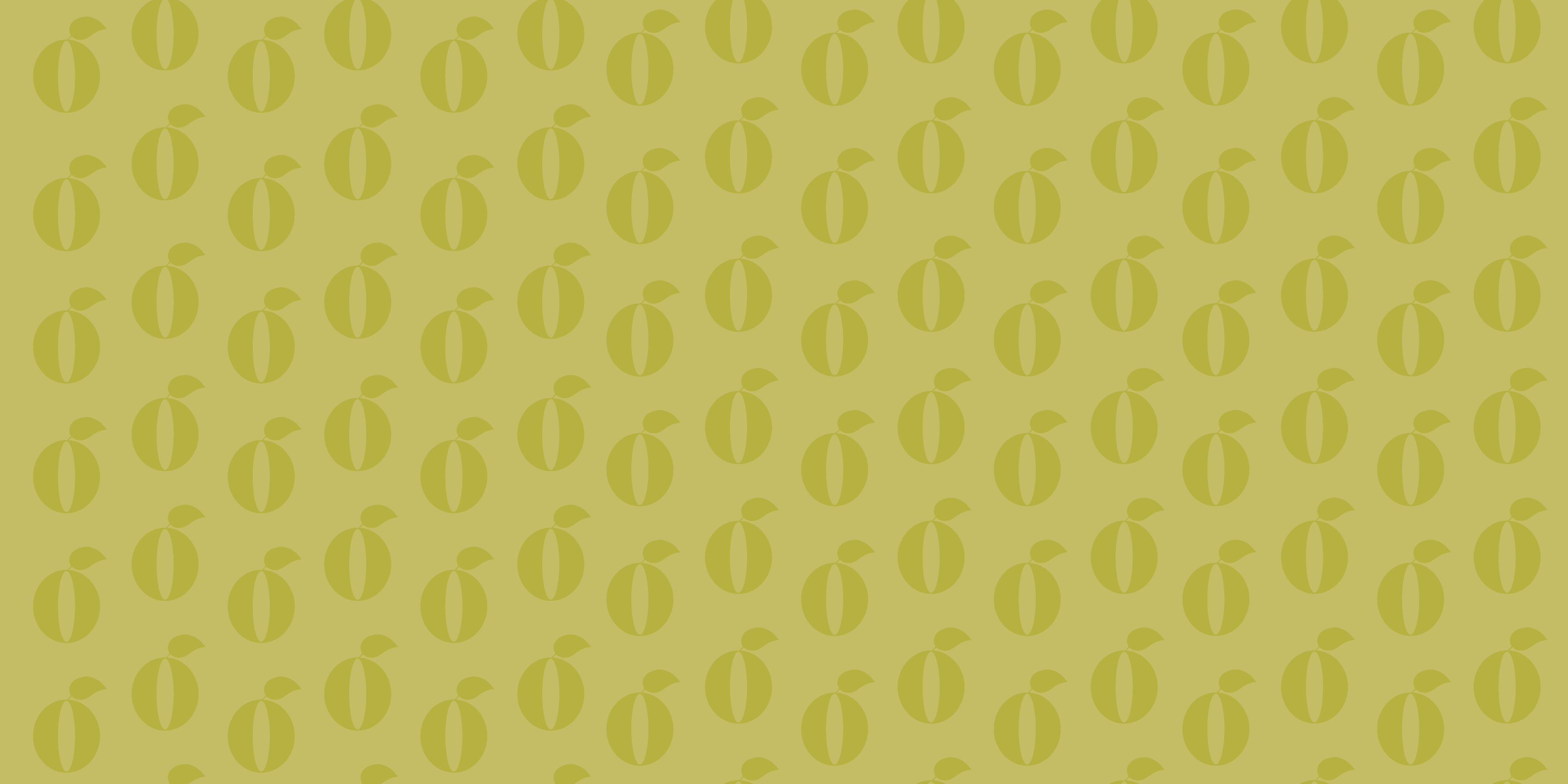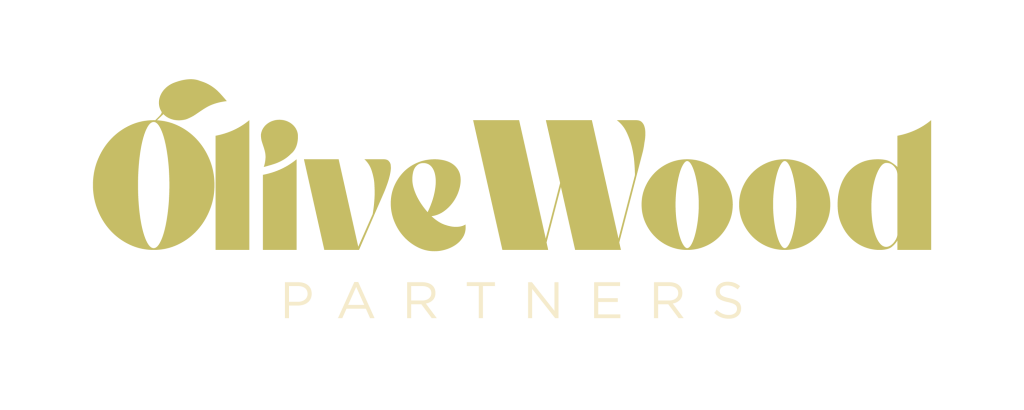During my early years as a dean of students, many of the students I talked with were burdened with issues similar to what I had experienced. The main difference between us was that I had had time to reflect and learn from them. It was an unsolicited invitation to listen to students with fresh ears, gradually understanding that the universe was asking me to re-hear my stories as stories that were common to the world and actually made by the world. I took this as an opportunity to reflect on my narrative as a means of a deeper self-recovery, yes, but as a process that was contributing to a kind of reformation of self AND world. I began to think more clearly about how our stories participate in the larger stories of the world—think here of personal violence as a subset of familial, communal, and national ambivalence for humanity; think how poverty impacts one person but is really the result of a whole who acquiesced to systems of greed and human disregard. This decade allowed me to reflect more deeply on the meaning of Audre Lorde’s personal is political. These connections became even more evident as I began my spiritual direction journey.
Rob Culhane’s article, “The Effects of Trauma on a Person’s Faith Journey,” problematizes healing as the end goal for spiritual direction. His model of spiritual direction describes a process of recovery, rather than healing, where directees are held in a kind of unprescribed, liminal space, not what they used to be, but becoming something else, wounded but being repaired. Culhane points out normalcy is “the hopeful destination which may not be realized.” We learned these lessons during COVID surges. Returning to normal was not an option, but because of a variety of modalities of recovery, we can become better versions of ourselves. Culhane describes both director and directee as “monks who are falling down.” Culhane writes, “Few in their family or church communities understand this place they now live in. In this sense, they are, as the word monk originally meant, alone.” Spiritual direction is akin to falling deeper into oneself and falling deep enough that one comes back up through that fall back into the world. And we are only alone, in the sense that each of us is invited to take the journey.
Spiritual direction has huge implications on what it means to spend time with self, courageously reclaiming the stories that comprise our being. While healing (as a return to normal) may be an idea bankrupt of truth, we are in perpetual states of recovery, attempting to salvage, recuperate, and retrieve usable and meaningful fragments of ourselves, which under spiritual direction get renamed, reintroduced to each other, and restored. Once we have begun doing this deeply spiritual work to reclaim ourselves and the world in which we occupy, we are indeed recovering and remaking worlds. Our recovery stories, creatively expressed, potentially become the wise myths, tales, and archetypes helping the world recover from false narratives and dangerous fairytales that created the violence we bore in the first place.


